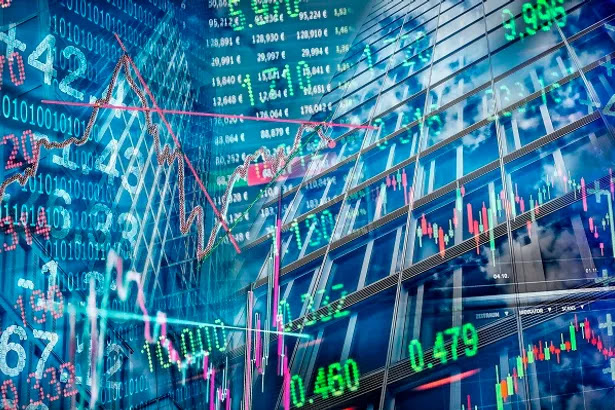Exploring Scams Involved With Forex Trading
While foreign exchange (forex) investing is not a scam, plenty of scams have been associated with trading forex. Regulators have put protections in place over the years and the market has improved significantly, making such scams increasingly rare.
Unfortunately, scams have been a big problem historically, faced by everyone in the forex industry. As with any new industry, plenty of predators exist out there, looking to take advantage of newcomers.
Forex itself is a legitimate endeavor. You can engage in forex trading as a real business and make real profits, but you must treat it as such. Don’t look at forex trading as a get-rich-overnight business, no matter what you may read in hyped-up forex trading guides.
With real work and time invested, you can have a profitable, legitimate forex business. Like any other real business, though, there is no free lunch.
Defining the Situation
A scam or fraud means an intentional deception has taken place, with the intent to take money from an unsuspecting person. Scams take place in a variety of ways but have become increasingly rare because of increasing regulations.
A distinct difference exists between a poorly-run brokerage, which isn’t necessarily a scam, and a fraudulent one. Even a poorly-run brokerage can run for a long time before something takes them out of the game.
What Makes a Scam?
Forex trading first became available to retail traders in 1999. The first handful of years was wrought with overnight brokers that seemed to pop up and then close down shop without notice.
The common denominator was that these brokers were based in non-regulated countries. While some did take place in the United States, the majority seemed to originate overseas where the only requirement to set up a brokerage was a few thousand dollars in fees.
Since 2007, the occurrence of shops vanishing with clients funds has become very rare. Over the last few years, many forex brokers have been acquired by others, or the shops of the shutdown brokers have been futures brokers whose clients were also able to trade Forex futures but not spot Forex such as MF Global.
While not scams, due to the Swiss National Bank removal of the Swiss peg to the Euro, two brokerages went under. One broker in New Zealand and Alpari’s UK division shut down due to losses that exceeded their excess capital.
How to Avoid Being Scammed?
The first step to take is to check the location of the brokerage’s headquarters. Regulations have increased greatly in the last five to 10 years, and it has, rightfully so, become increasingly expensive to do business in highly-regulated countries like the United States or the United Kingdom.
Outside of location, you can do diligence based on how willing the broker is to talk about execution and their books. In other words, you can ask the broker how long they’ve been in business and how many countries they are regulated in. The more the better.
The simple act of finding out who you should call if you feel that you’ve been scammed, before investing with a brokerage, can save you a lot of potential heartache down the road. If you can’t find someone to call because the brokerage is located in a non-regulated jurisdiction, this is usually a red flag and a sign that it’s best to find more regulated alternatives.
What If You Feel You’re Being Scammed?
Depending on your location, you should speak to your governing authority. Most of the regulations that have passed stem from requests of clients at brokerages that have failed or clients that feel they have been cheated. If you’re being scammed and you report it, you can help play an active role in the continual cleaning-up of the forex market.
اكتشاف المزيد من فارس
اشترك للحصول على أحدث التدوينات المرسلة إلى بريدك الإلكتروني.





